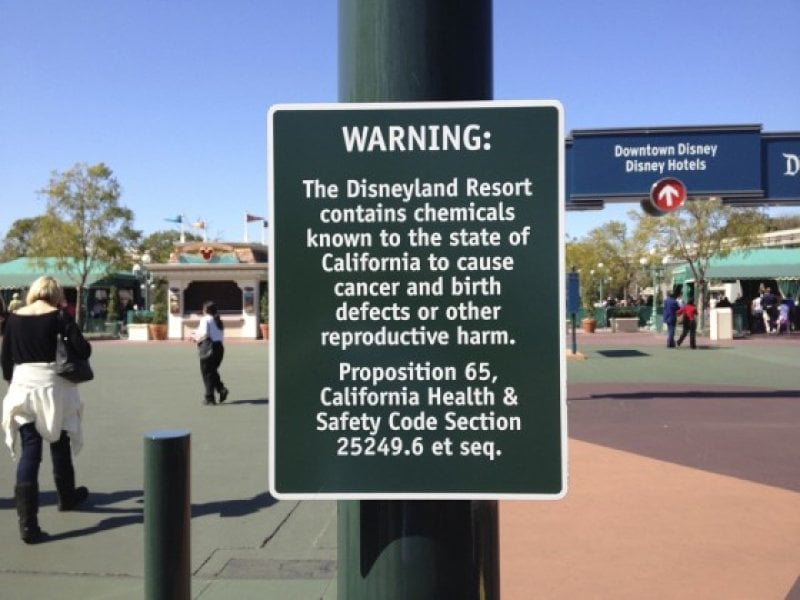[Editor’s note: Read the GLP’s coverage of the World Health Organization’s International Agency for Research on Cancer here.]
[Editor’s note: Julie Kelly is a food writer and National Review Online contributor. Henry Miller is a physician and molecular biologist and a fellow at Stanford University’s Hoover Institution. He was the founding director of the FDA’s Office of Biotechnology.]
The chemophobes who run California are at it again, siding with environmental activists and pseudoscience rather than evidence and common sense.
The state Office of Environmental Health Hazard Assessment announced [March 2017] that it was adding the weed-killer glyphosate to its list of chemicals that purportedly cause cancer.
…
Glyphosate will join more than 800 chemicals on California’s Proposition 65 list, which is intended to alert the public about “substances identified as human or animal carcinogens by the International Agency for Research on Cancer.” But there’s the problem: That agency, which is part of the World Health Organization, is under fire for using a flawed approach — basing its decisions on hazard (the possibility of harm at any dose) instead of risk (the probability of harm, taking exposure into consideration).
…
IARC is also accused of cherry-picking data to reach politically motivated findings. The agency has reviewed nearly 1,000 substances and activities, and only one has been deemed noncarcinogenic. IARC looks for any shred of evidence to prove that something might cause cancer, even under extreme circumstances.
…
[Glyphosate] is in the same cancer-causing category as dental implants, consuming red meat, being a barber, and doing work that disrupts your biological clock.The GLP aggregated and excerpted this blog/article to reflect the diversity of news, opinion, and analysis. Read full, original post: No, California, Roundup won’t give you cancer
For more background on the Genetic Literacy Project, read GLP on Wikipedia































